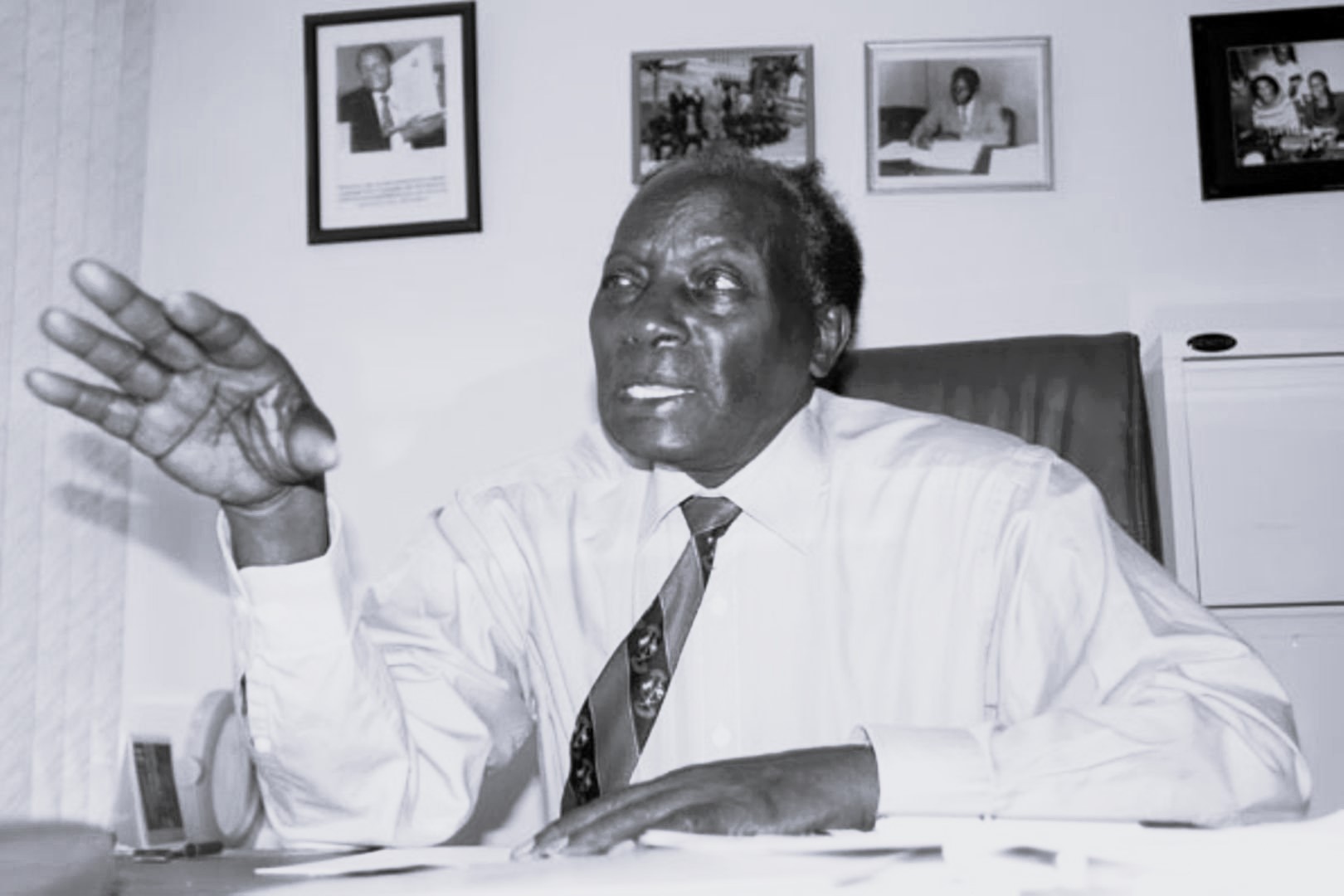Uganda mourns legal icon Justice George Kanyeihamba (1939–2025)

Uganda is in mourning following the passing of former Supreme Court Justice and constitutional law giant, Prof. George Wilson Kanyeihamba, who died this morning at Nakasero Hospital at the age of 85.
Justice Kanyeihamba, one of the key architects of Uganda’s 1995 Constitution, was widely revered for his legal intellect, unshakable integrity, and fierce commitment to justice and the rule of law. His death was announced by the Uganda Law Society (ULS), which hailed him as a “colossus” in Uganda’s legal and political evolution.
“His legacy will continue to inspire generations of lawyers and judges. Let’s honour his memory by upholding the principles of truth and justice he relentlessly championed,” said Isaac Ssemakadde, President of the Uganda Law Society.
Born on 11 August 1939 in Kinaba, Kinkizi District, in the Kigezi Region, Kanyeihamba rose from humble beginnings to become one of the most respected legal minds in Africa. He was the last-born of eleven children in a devout Christian family.
His early education spanned across several church-based schools before he attended Kigezi High School and Busoga College Mwiri, eventually graduating with a Bachelor of Laws from Portsmouth University in the United Kingdom. In the 1970s, he was awarded a Doctor of Laws (Ph.D.) from the University of Warwick, which later conferred on him an Honorary Doctorate (LLD) in 2008.
Throughout his illustrious career, Kanyeihamba wore many hats as legal scholar, judge, cabinet minister, human rights advocate, and constitutional drafter. As a Supreme Court Judge from 1997 until his retirement in 2009, he often stood out for his bold and dissenting opinions, most notably in the 2006 presidential election petition, where he was one of three judges who ruled that the election was fraudulent enough to be nullified.
Justice Kanyeihamba also served as Minister of Commerce, Minister of Justice, and Attorney General in President Museveni’s early cabinet. His deep-rooted belief in the separation of powers and an independent judiciary remained unwavering even when it cost him professionally.
His public condemnation of a 2005 military raid on the High Court to re-arrest treason suspects released on bail; exemplified his outspokenness. The Constitutional Court later ruled that the raid was unconstitutional.
“As an academic, political actor, minister, judge, and private citizen, he never wavered from his ideals,” said Buganda Premier Charles Peter Mayiga, adding, “He had the courage to say what he knew to be right or what he felt to be wrong. He was passionate about the rule of law and the unity of Ugandans. A proud son of Kigezi, he often referred to himself as a dedicated subject of the Kabaka of Buganda.”
Justice Kanyeihamba’s influence extended far beyond Uganda. He served on the African Court on Human and Peoples’ Rights and chaired various legal bodies, including the International Commission of Jurists Advisory Panel and the Legal and Drafting Committee of the Constituent Assembly that birthed the 1995 Constitution.
He was also the Chancellor of Kabale University and Kampala International University, and served as Legal Advisor to the President on Human Rights and International Affairs.
In academia, he lectured in law at institutions including the University of Portsmouth, Coventry University, and the University of Wales in Cardiff. He also taught at Uganda’s Law Development Centre, shaping generations of lawyers.
A prolific writer, Kanyeihamba authored several journal articles and books on law and governance. His voice remained prominent in national discourse long after retirement.
Justice Kanyeihamba is survived by his wife Susan Kanyeihamba (née Randall), three children; Sarah, Joel, and Ruth, and an adopted daughter, Betty.
Burial arrangements are underway and will be announced by the family.
As Uganda bids farewell to a towering legal statesman, tributes continue to pour in from across the legal, political, and academic spheres, all echoing a common refrain: Justice Kanyeihamba’s life was a masterclass in courage, conviction, and constitutionalism.




